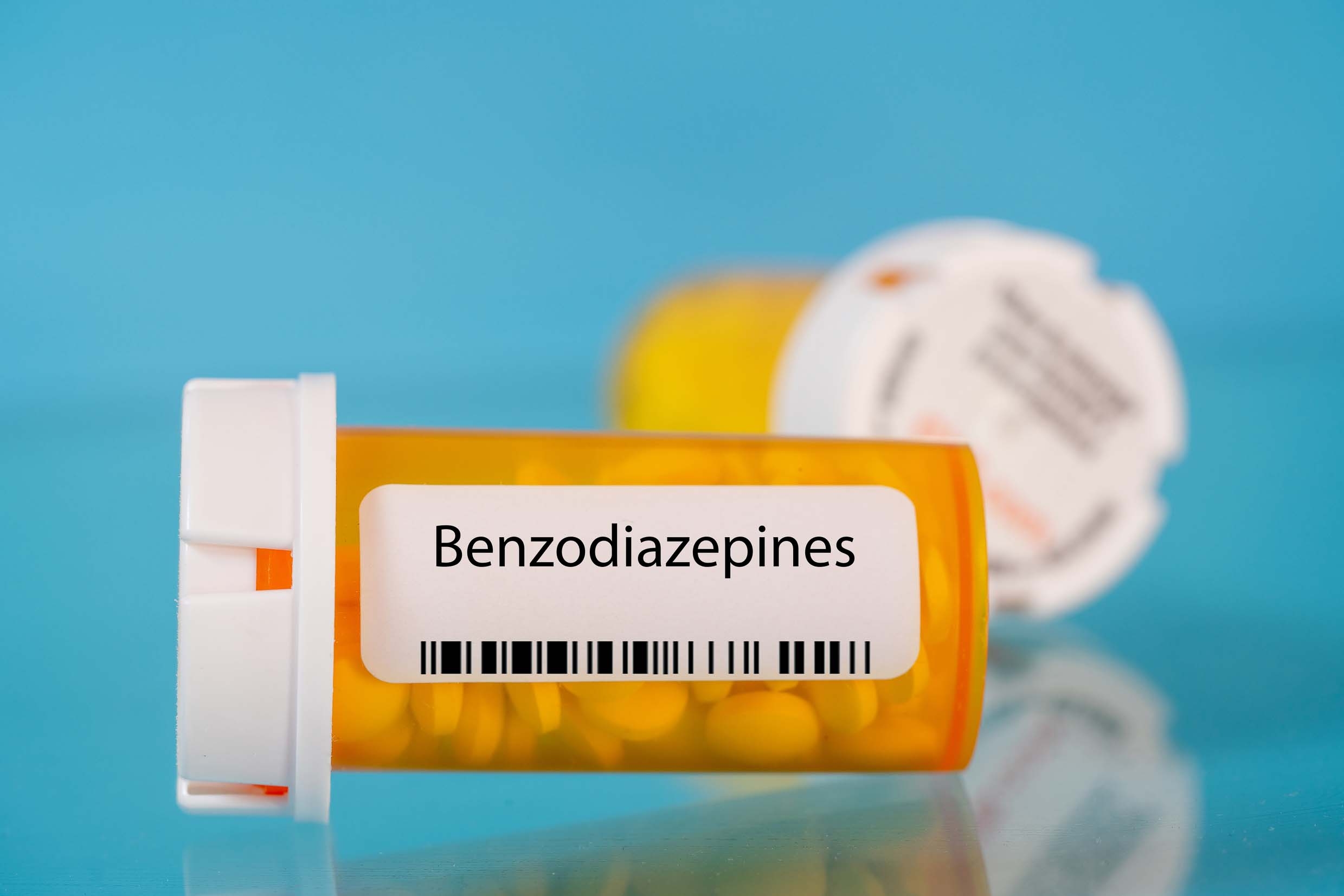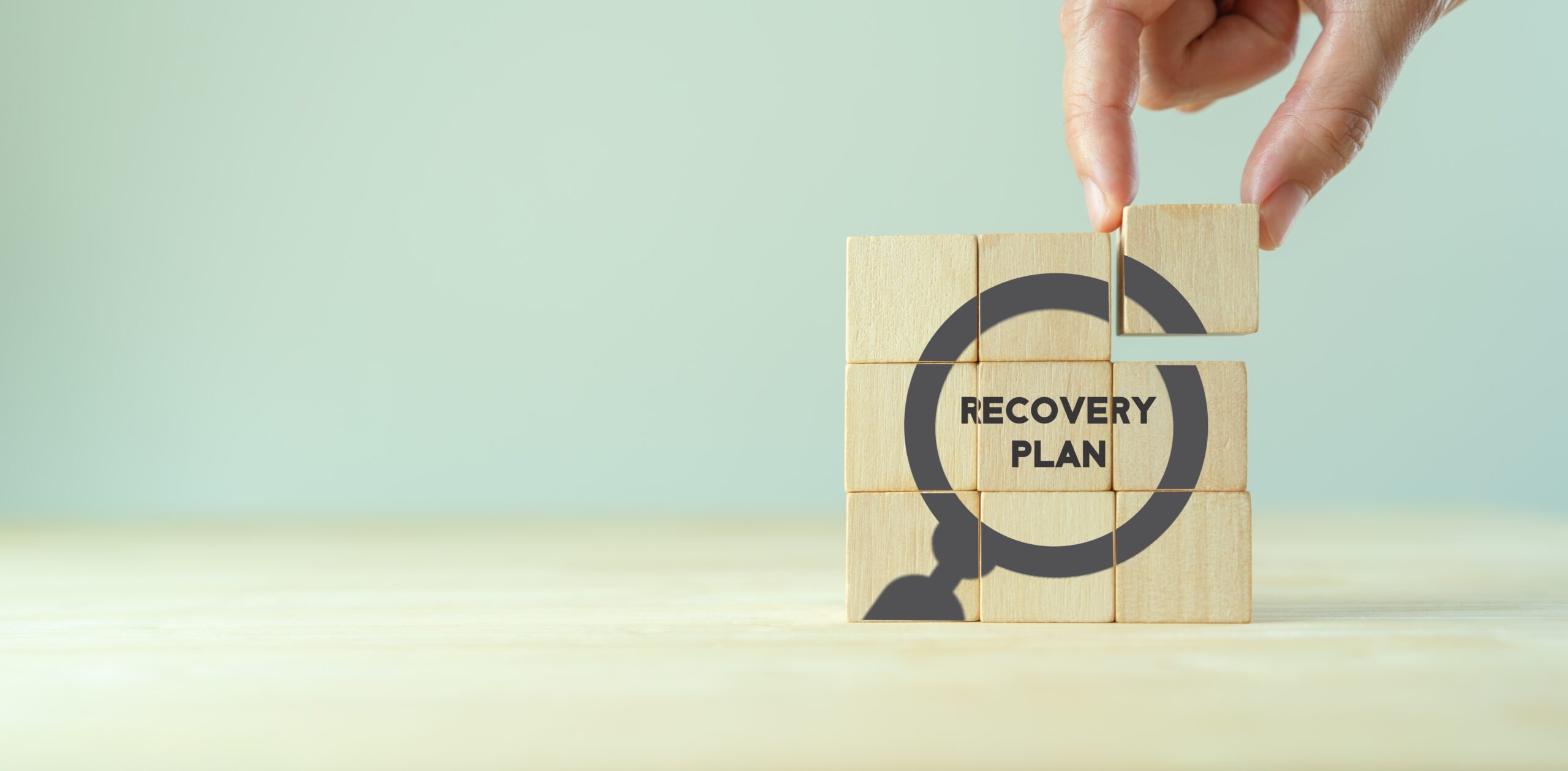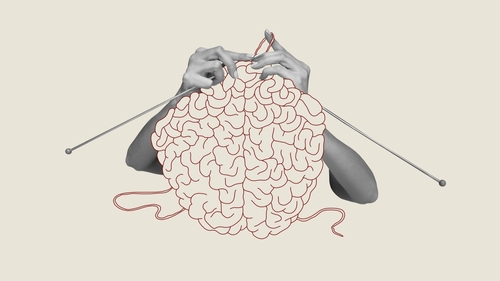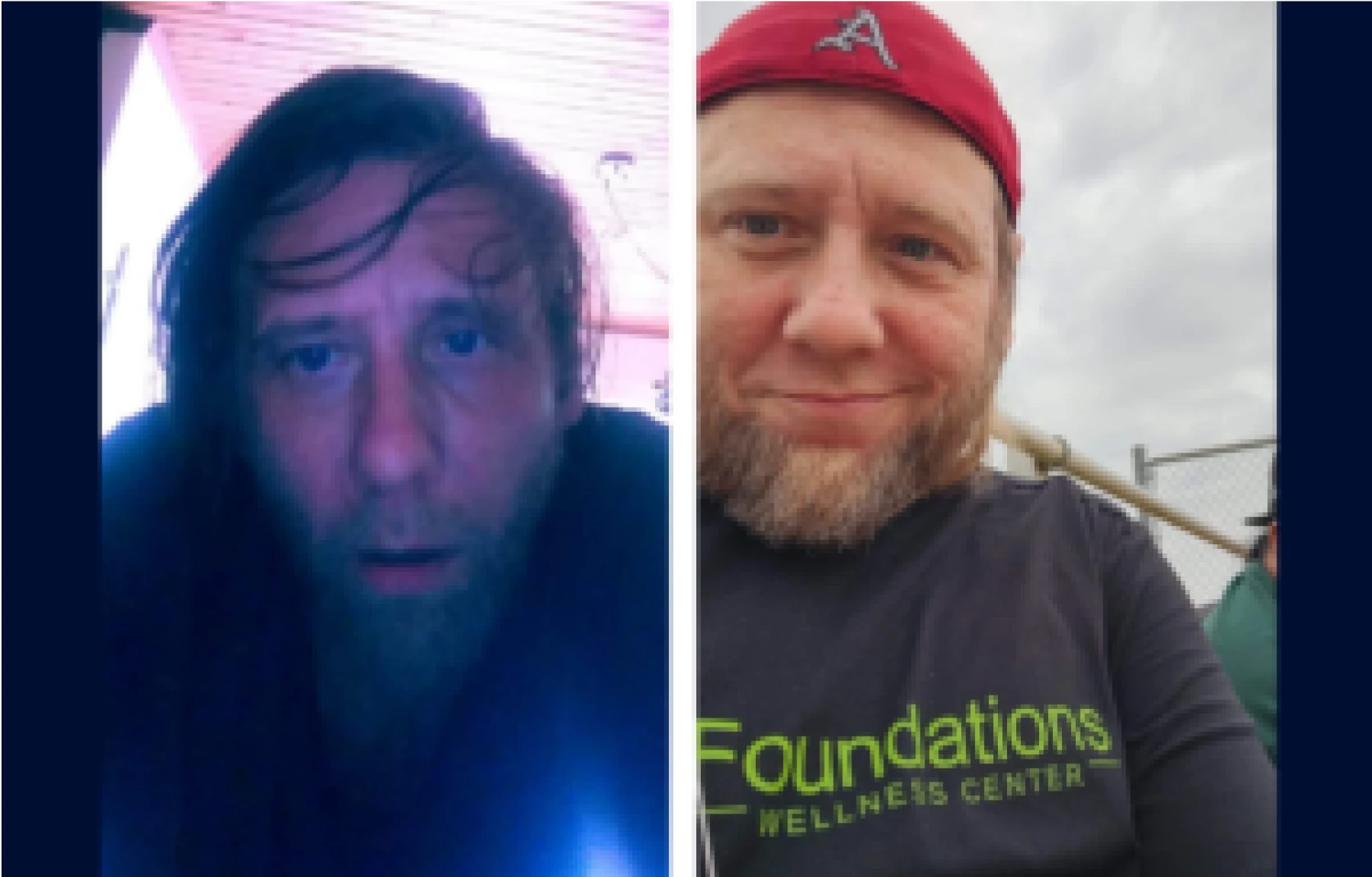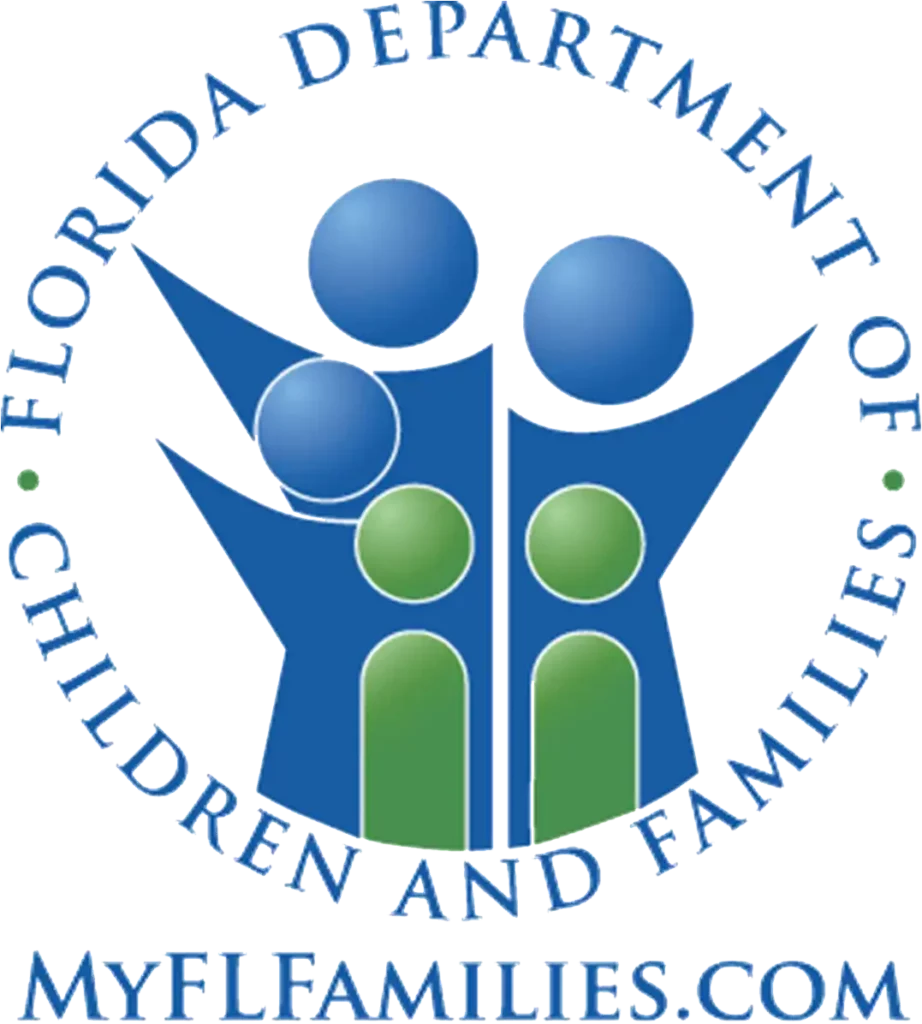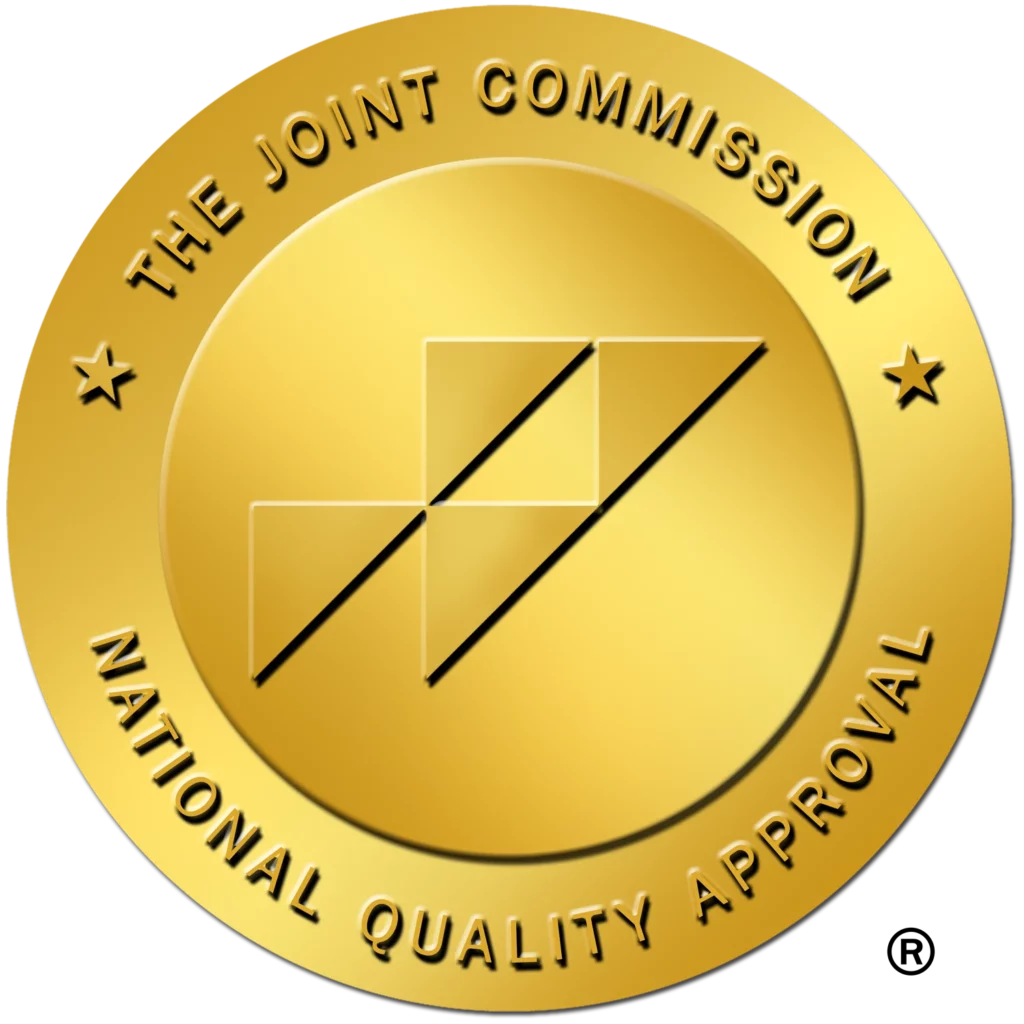My Ignorance… Your Addiction: Codependency in Familes with Addiction
This entry was posted in Drug Abuse, Fentanyl, Mental Health and tagged addiction in famiies, an addict's sister, codependency, codependency in famiies with addiciton, codependent on May 31, 2022 by Justin Baksh, MS, LMHC, MCAP, Chief Clinical Officer.

“Time away has been healthy for me… at least I think so. I’m beginning to feel like a pro at avoidance. A fully packed schedule keeps my thoughts and feelings at bay, blissfully unaware of what is going on with you. At this point, you have already dabbled in sobriety, checked out meetings, and even tried a holistic approach to getting sober, but your addiction continues to find you. You are still using. You’ve even overdosed a few times at home, a secret that mom would hold for you.
I finally got called for the police department and now have added vigorous workouts into my schedule and training days with dad for my tests. Getting called for this job has been bittersweet for me, reminding me of all the days we spent together going to college, taking classes together, and even having the professors mistaken for twins. Being a cop meant a lot to me at the time, but I didn’t realize all the investigating they were going to do, and I was scared. I was scared they would find out our secret, I was afraid you would somehow get into trouble because of it, I was scared that having an addict for a brother would prevent me from getting the job. I tried, I tried hard, but my heart was truly not in it, I just thought it would be something we would accomplish together, and I let it go.
In the meantime, this retail job I am working is tough. Long hours, no staff, and I need help. Our parents tell me you are doing well, and, while we don’t talk much right now, I want to believe them.
I ask you to help me. I need it, and I miss you. My boss is a friend that I nanny for as a side hustle and, though she is privy to your addiction, she takes my word that you are doing well. Blissfully unaware? Or in denial? Whatever you want to call it, that was me. I was so happy to be spending time with you I didn’t let myself see that you still were thin, still fragile, and still grey. We had fun there – most days it was just the two of us and I didn’t micromanage you. I should have.
Come to find out after a few months that you had been stealing. Stealing quite a bit, for quite a while. Stealing to fuel your addiction that you could no longer afford. I am just devastated. I had to walk away from this job now; this job that was allowing me to live on my own. I had to stop watching my friend’s children and let go of a relationship with them that I held so dear to my heart for years.
Our parents pay back what you have stolen to protect you from charges, I am baffled and just so sad. I just wanted to be with you, laugh with you, have a relationship with you again, and you betrayed me. Now I am back in limbo with you, that lingering limbo full of anger, resentment, and sadness. Back on the roller-coaster of madness that is your addiction.”
– An Addict’s Sister
Alcoholism and addiction are family diseases. It’s not just about a genetic connection – although it can run in families. Often, one member’s substance abuse issues can also contribute to codependency in other family members.
What is Codependency?
Once they have been affected – once “it” sets in – codependency takes on a life of its own. It is similar to catching pneumonia or picking up a destructive habit. Once you’ve got it, you’ve got it. – Melody Beattie, Codependent No More
Codependency is a way of coping with an unnatural and traumatic situation in a person close to you. It happens often when someone is trapped in the vicious claws of addiction.
The problem is that those who become codependent can actually forget to live our own lives. They become too attached to another person, to the point where they can’t detach from it, take care of themselves, and reach their own goals.
Here’s what happens: You become overly attached to – enmeshed and entangled with — your family member with addiction. You ruminate on their behavior. You become obsessed with what is happening. Your mood, your actions, what you do and what you don’t do are all dependent on what is happening with your loved one.
Unfortunately, codependency is ultimately and unhealthy coping mechanism. It does not serve the codependent individual. It can also linger after the addicted individual recovers.
Codependency in Families with Addiction
“Out of habit, some of us may have developed an attitude of attachment – of worrying, reacting, and obsessively trying to control. Maybe we have lived with people and through events that were out of control. Maybe obsessing and controlling is the way we kept things in balance or temporarily kept things from getting worse.” – Melody Beattie, Codependent No More
Codependency can happen in one-on-one relationships as well as within the interconnected web of the family. Whenever one party in a relationship is in excessive need of physical or emotional attention or support, a codependency can arise. The other parties find themselves frequently catering to the affected one’s demanding needs. These interactions cultivate a spiraling dynamic within the relationship or family unit, leading to enabling behaviors and dysfunctional communications.
When examining family connections surrounding addiction, there is usually a component of codependency. These family dynamics are not always between spouses or a parent and a child; codependency can become an issue between anyone, including children. This often occurs when children must take on a caretaking role with a parent in addiction or one who is dealing with mental illness.
Signs of codependency can include:
- Losing a sense of self – What are your needs? Your desires? This is something you can lose touch with when you become co-dependent. In fact, you may feel guilty for taking time or doing something for yourself.
- Fear of being abandoned and/or rejected – Rejection isn’t fun; neither is being left. However, the codependent individual is so afraid of these scenarios that they go to great and unnatural lengths to prevent it from happening.
- Staying in unfulfilling relationships – You may not leave a relationship that is unhealthy and even detrimental to you. There is an inequity in the way the relationship functions: You may do all the work while the other party has no responsibility.
- People-pleasing – At the heart of people-pleasing is esteeming others – their opinions, needs and preferences – above yourself. If you are a people pleaser, your actions are often designed to elicit a desired reaction from others. You can also base your self-esteem on what others say or think about you.
- Peace-keeping – Wanting a harmonious environment is one thing. Taking blame for things that are not your fault, saying you are sorry when it is not called for, or twisting circumstances and yourself into a pretzel to avoid conflict is not healthy.
- Enabling – When you enable someone with addiction, you are taking care of things that your loved one should be taking care of – instead of allowing them to face the consequences of their actions. When there are no consequences, there is no motivation to change.
- Caretaking – We all take care of each other to some degree, but there can be an extreme imbalance when it comes to caretaking. The focus can be entirely on the person receiving care, with little to no thought or care centered on the caregiver.
- Lack of boundaries – This is also called poor self-differentiation, or a sense of yourself as different from others. These individuals may offer unwanted advice, feel responsible for other people’s feelings, or want to manipulate or control others to feel secure. They are overly concerned about what another person is doing. Similar to losing a sense of self, the focus is too heavily weighted on others
- Sunken Self-Esteem – Feelings of unworthiness characterize low self-esteem. For example, those with low self-esteem may think that no one else would love them, so they must stay with their current partner. Depending on external validation from others to feel good about oneself is another key sign of self-esteem issues.
How Do You Stop Being Codependent?

The thing of it is, codependency does not disappear when the loved one who is addicted recovers. It can linger and needs its own plan of action.
Recognition is key. If you identify codependent behaviors, regardless of whether your loved one is still in active addiction, it is advisable to address it. Seeking the advice of a trained counselor or therapist can help. The landmark book Codependent No More: How to Stop Controlling Others and Start Caring for Yourself, originally released in 1986, has been a godsend to many as well.
Codependency is so common in those surrounding a loved one with addiction, in fact, that there are 12-step organizations such as Co-Dependents Anonymous, Al-Anon, Nar-Anon to specifically help members of this group.
Above all, remember: Just as with addiction, there is hope for codependency. Many have recovered from it and now live healthier, more balanced lives. Help is out there, and it’s time to take care of you.
READ MORE IN THE ‘”AN ADDICT’S SISTER” SERIES:
A Glimpse Out My Window: An Addict’s Sister Shares Her Story
The Distance Between Us: The Changing Roles within a Family of Addiction
Falling in Love: A Toxic Relationship with Oxy
We All Fall Down: Heroin Addiction
New Beginnings: When Addiction Recovery Starts

